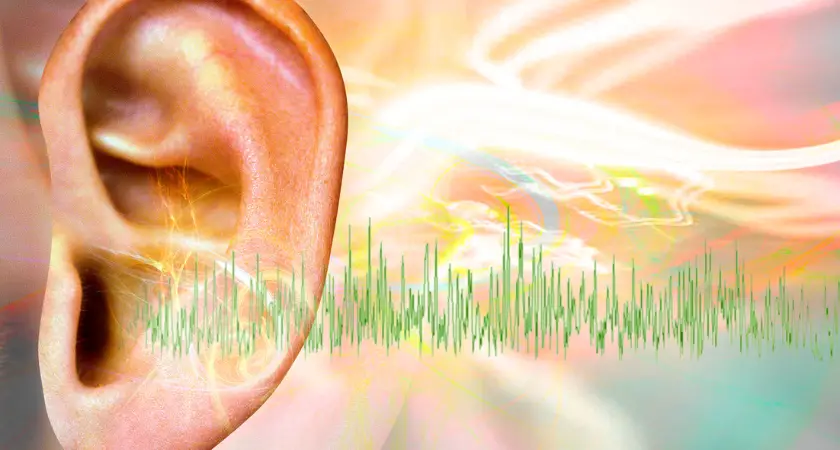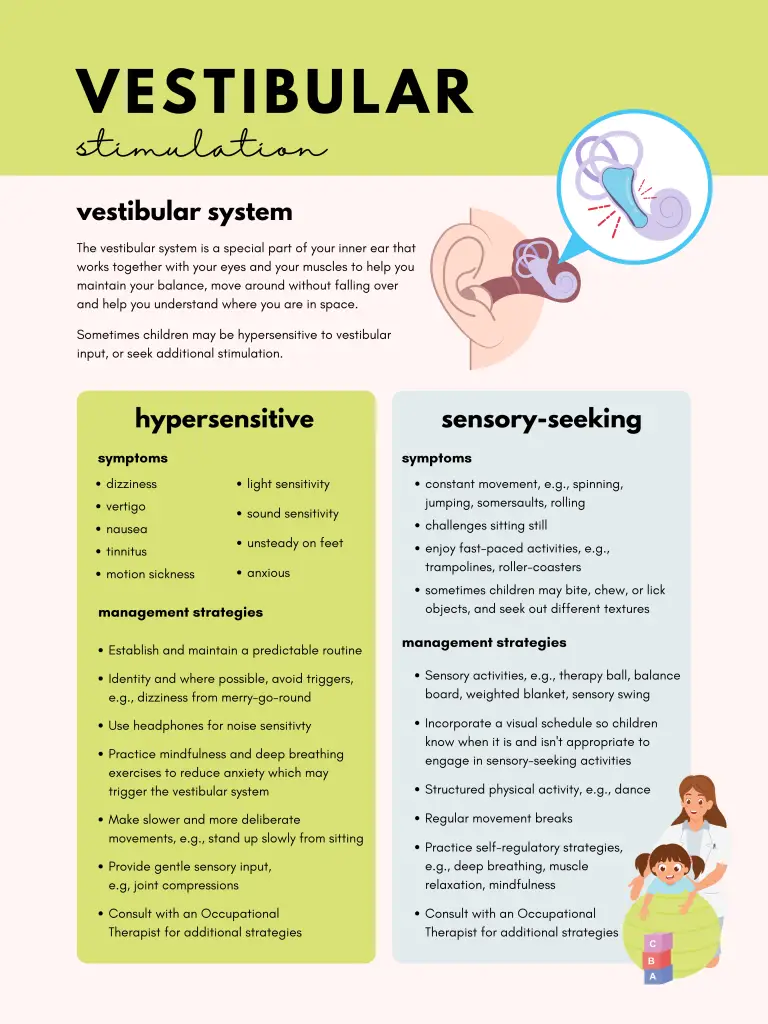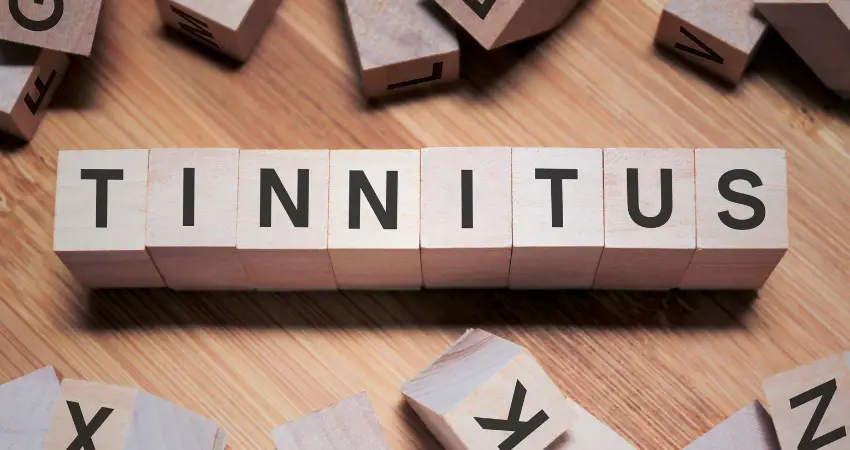Are you tired of the constant ringing in your ears? Do you find yourself struggling with high blood pressure? It may surprise you to learn that these two seemingly unrelated conditions could be linked.
The Connection Between High Blood Pressure and Tinnitus
In this article, we will delve into the connection between high blood pressure and tinnitus, offering you a deeper understanding of how these conditions interact and impact your health.
Tinnitus, commonly known as ringing in the ears, affects millions of individuals worldwide, causing discomfort and frustration.
On the other hand, high blood pressure, a silent and often undiagnosed condition, poses serious health risks if left unmanaged.
By exploring the relationship between these two conditions, we aim to provide you with valuable insights and potential strategies to address both high blood pressure and tinnitus.
Whether you are seeking relief from the persistent ringing or looking to optimize your overall health, this article will equip you with the knowledge you need to take control of your well-being.

What is High Blood Pressure?
High blood pressure, also known as hypertension, is a common medical condition characterized by elevated levels of force exerted by the blood against the walls of the arteries.
It is often referred to as the “silent killer” due to its lack of noticeable symptoms. High blood pressure can be caused by various factors such as genetics, lifestyle choices, and underlying health conditions.
When left uncontrolled, it can lead to serious complications including heart disease, stroke, and kidney failure.
Managing high blood pressure requires a multifaceted approach, including medication, lifestyle modifications, and regular monitoring.
By understanding the causes and consequences of high blood pressure, individuals can take proactive steps to maintain their cardiovascular health and overall well-being.

What is Tinnitus?
Tinnitus is a condition characterized by the perception of sound in the absence of any external source.
It is often described as a ringing, buzzing, hissing, or roaring sound in the ears.
Tinnitus can be subjective, meaning only the affected individual can hear the sound, or objective, where the sound can be heard by others as well.
This condition can be temporary or chronic, and its severity can range from mild annoyance to debilitating discomfort.
Tinnitus can have a significant impact on a person’s quality of life, affecting their concentration, sleep patterns, and emotional well-being.
While the exact cause of tinnitus is still not fully understood, it is believed to result from various underlying factors, including exposure to loud noise, age-related hearing loss, earwax buildup, and certain medical conditions.
Related Articles
High Blood Pressure Facts
Serrapeptase and High Blood Pressure
Can Sinusitis Cause High Blood Pressure Spikes
The Link Between High Blood Pressure and Tinnitus
Research suggests that there is a link between high blood pressure and tinnitus.
While the exact nature of this connection is not yet fully elucidated, several theories have been proposed.
One possibility is that high blood pressure can cause damage to the delicate blood vessels in the inner ear, leading to changes in blood flow and the perception of sound.
Another theory suggests that the shared risk factors for both conditions, such as age, obesity, and smoking, may contribute to their co-occurrence.
Additionally, it is important to note that certain medications used to treat high blood pressure, such as diuretics and beta-blockers, can also potentially worsen tinnitus symptoms.
Understanding the relationship between high blood pressure and tinnitus is crucial for effective management and treatment of both conditions.

How High Blood Pressure Can Cause Tinnitus
The inner ear, responsible for our sense of hearing, relies on a steady supply of oxygenated blood for optimal functioning.
When blood pressure is consistently elevated, it can disrupt this delicate balance and lead to changes in blood flow to the inner ear.
The increased pressure can cause damage to the blood vessels, impairing their ability to deliver oxygen and essential nutrients to the ear.
This compromised blood flow can result in the perception of abnormal sounds, such as ringing or buzzing.
Additionally, high blood pressure can contribute to the development of atherosclerosis, a condition characterized by the buildup of fatty deposits in the arteries.
This can further restrict blood flow to the inner ear, exacerbating tinnitus symptoms.
By managing high blood pressure effectively, individuals can potentially reduce the severity of their tinnitus and improve their overall auditory health.
Risk factors and Prevalence of High Blood Pressure and Tinnitus
Both high blood pressure and tinnitus are prevalent conditions that can affect individuals of all ages.
High blood pressure is estimated to affect approximately 1.13 billion people worldwide, with its prevalence increasing as individuals age.
Tinnitus, on the other hand, is reported by approximately 15% of the global population, with its prevalence also rising with age.
Several risk factors contribute to the development of high blood pressure and tinnitus.
These include genetics, age, obesity, smoking, excessive alcohol consumption, and certain medical conditions such as diabetes and cardiovascular disease.
By understanding the risk factors associated with these conditions, individuals can make informed decisions regarding their lifestyle choices and seek appropriate medical interventions to mitigate their impact.

Managing High Blood Pressure to Reduce Tinnitus Symptoms
Effectively managing high blood pressure is essential for reducing tinnitus symptoms and promoting overall well-being.
The first step in managing high blood pressure is to consult a healthcare professional for an accurate diagnosis and personalized treatment plan.
This may involve lifestyle modifications such as adopting a healthy diet, engaging in regular physical activity, maintaining a healthy weight, quitting smoking, and limiting alcohol consumption.
In some cases, medication may be prescribed to help control blood pressure levels.
It is important to follow the prescribed treatment plan and to regularly monitor blood pressure to ensure its effectiveness.
By effectively managing high blood pressure, individuals can potentially alleviate the severity of their tinnitus symptoms and improve their quality of life.
Lifestyle Changes to Manage High Blood Pressure and Tinnitus
In addition to medical interventions, certain lifestyle changes can be beneficial in managing both high blood pressure and tinnitus.
Regular exercise, such as walking, swimming, or cycling, can help improve cardiovascular health, lower blood pressure, and reduce stress levels.
Adopting a healthy and balanced diet that is low in sodium, saturated fats, and processed foods can also contribute to managing high blood pressure and potentially alleviating tinnitus symptoms.
Additionally, stress reduction techniques, such as meditation, deep breathing exercises, and adequate sleep, can help individuals cope with the challenges posed by both conditions.
By incorporating these lifestyle changes into their daily routine, individuals can take proactive steps towards managing high blood pressure and tinnitus.
Medical Treatments for High Blood Pressure and Tinnitus
In some cases, lifestyle modifications alone may not be sufficient to effectively manage high blood pressure and tinnitus.
In such instances, healthcare professionals may recommend medication to help control blood pressure levels and alleviate tinnitus symptoms.
Several classes of medications are commonly prescribed for high blood pressure, including diuretics, beta-blockers, ACE inhibitors, and calcium channel blockers.
These medications work by either relaxing blood vessels, reducing the volume of blood circulating in the body, or blocking certain hormones to lower blood pressure.
It is important to consult a healthcare professional to determine the most appropriate medication and dosage for individual needs.
Additionally, various treatment options are available for tinnitus, including sound therapy, cognitive behavioral therapy, and medication.
These treatments aim to reduce the perception and impact of tinnitus on daily life.
Conclusion and Final Thoughts
The connection between high blood pressure and tinnitus highlights the intricate relationship between our cardiovascular health and auditory well-being.
By understanding the link between these two conditions, individuals can take proactive steps to manage their high blood pressure and potentially alleviate the severity of their tinnitus symptoms.
Lifestyle modifications, such as adopting a healthy diet, engaging in regular physical activity, and reducing stress, can play a pivotal role in maintaining optimal cardiovascular health and improving overall well-being.
Additionally, seeking medical interventions, including medication and specialized therapies, can provide further support in managing both high blood pressure and tinnitus.
By adopting a comprehensive approach to addressing these conditions, individuals can regain control of their health and enjoy a better quality of life, free from the constant ringing in their ears.
References
https://www.ncbi.nlm.nih.gov/pmc/articles/PMC8965715/
My name is Phyllis Robinson MSN, RN. I have been a Registered Nurse for 27 years in the Cardiac Intensive Care Unit. I am passionate about cardiac care and heart disease. I also want this blog to be an educational tool that people can refer to for traditional and alternative treatment. I will blog on heart disorders such as high blood pressure, congestive heart failure, cardiomyopathy, and high cholesterol.
I received my Nursing degree from Baltimore Community College.
I went on to receive my Masters in Nursing from Walden University
I have worked for almost 30 years in Critical Care with a focus on heart health. I am an advocate of preventive healthcare.

